Ovarian clear cell carcinoma accounts for approximately five to ten percent of American ovarian cancer cases and about 20 percent of cases in Asia, ranking second as the cause of death from ovarian cancer. People with the clear cell subtype typically do not respond well to platinum-based chemotherapy, leaving limited therapeutic options for these patients.
The research by scientists at The Wistar Institute and published online in the journal Nature Cell Biology, demonstrates how a mutation in ovarian clear cell carcinoma can be exploited to design a targeted treatment.
According to the announcement from The Wishtar Institute, “conventional chemotherapy treatments have proven an ineffective means of treating this group of ovarian cancer patients, meaning that alternative strategies based on a person’s genetic makeup must be explored,” said Rugang Zhang, Ph.D., professor and co-program leader in Wistar’s Gene Expression and Regulation Program and corresponding author of the study. “Therapeutic approaches based on the ARID1A mutation have the potential to revolutionize the way we treat these patients.”
Read more about the research and about JKTG’s cancer research collaborative at Wistar.
Featured news
Ted’s Take: Errors in formulas and what it means for AI
Spinach is the best source of iron. I’ve understood this for decades now. As I ate more and more healthy foods, I’d choose spinach salads because of the “great” nutritional value, particularly iron.
Ted’s Take: An ounce of prevention
They stay an ounce of the prevention is worth a pound of cure. Isn’t it the truth.
How physicians are paid
Despite a growing need for general practitioners, the Medicare system is not helping with this shortage given the maldistribution of reimbursement between general medical providers and surgeons and other specialists.

Jayne Koskinas Ted Giovanis
Foundation for Health and Policy
PO Box 130
Highland, Maryland 20777
Media contact: 202.548.0133


